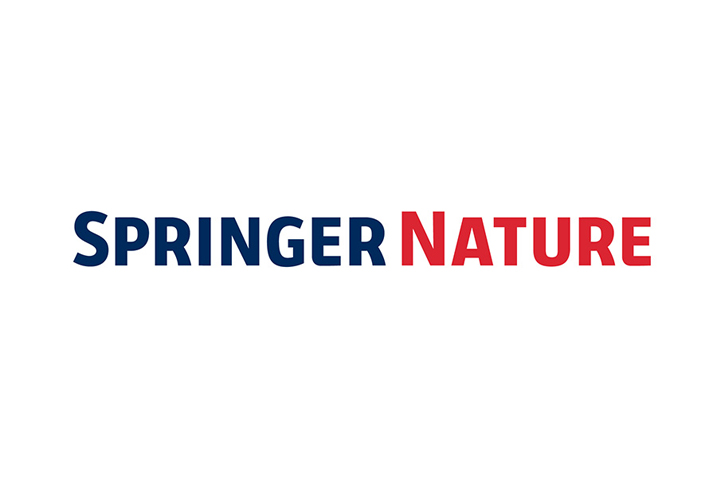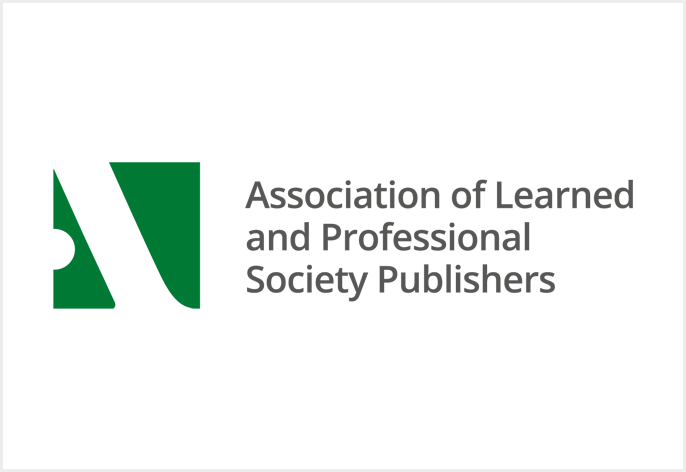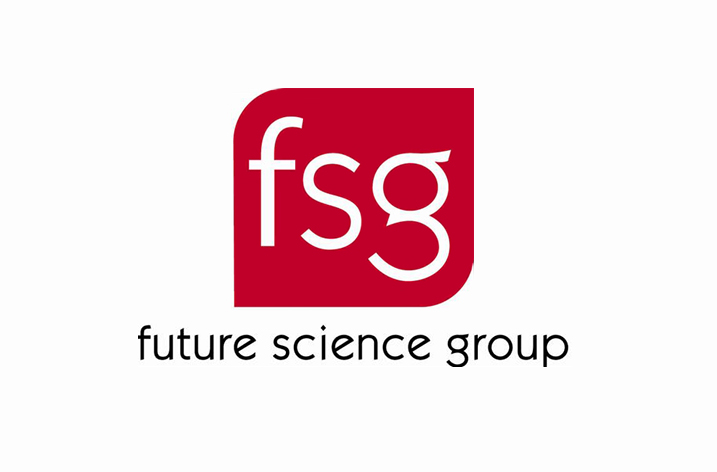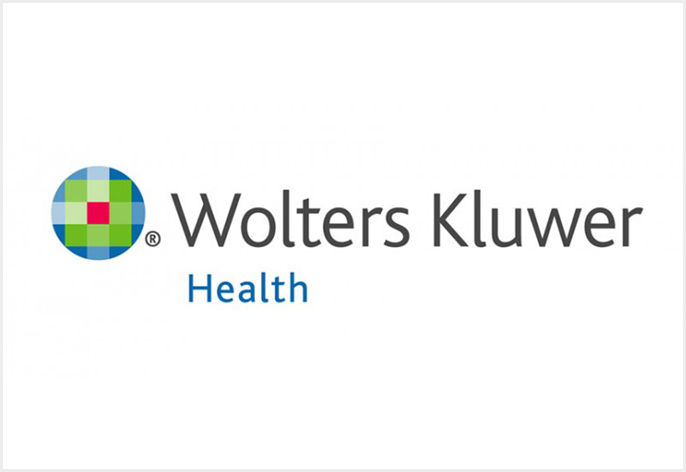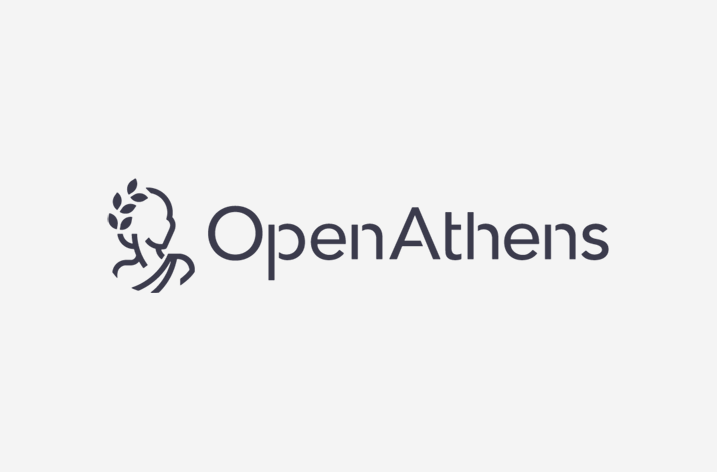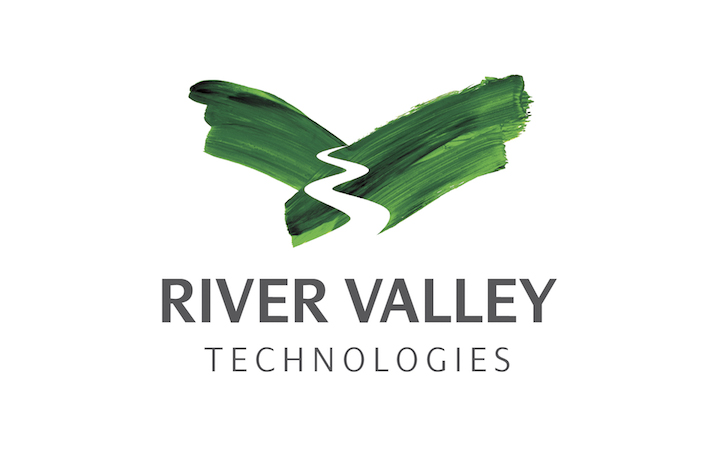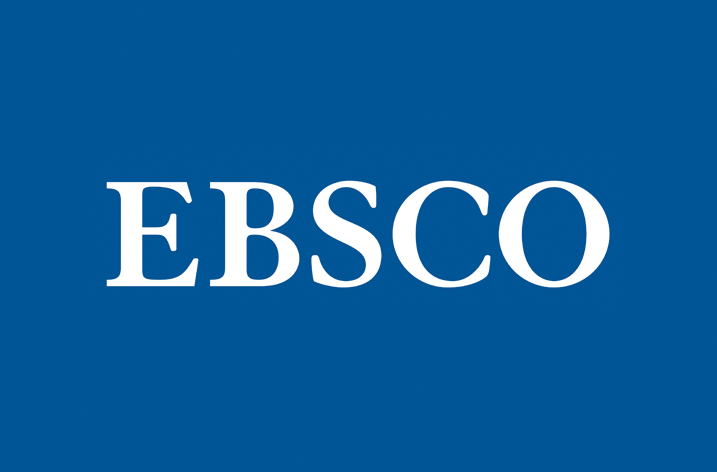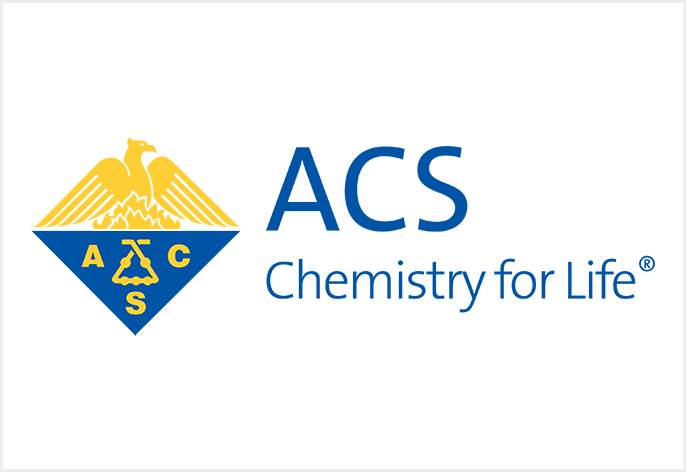75 Citation Laureates named by the Institute for Scientific Information have received a Nobel Prize since 2002
Clarivate Plc, a global leader in connecting people and organizations to intelligence they can trust to transform their world, today celebrates the four new Nobel Laureates who were accurately identified as potential Nobel Prize recipients. Ferenc Krausz, Moungi G. Bawendi, Louis E. Braus and Claudia Goldin were named to the Citation Laureates™ list from Clarivate™ several years before being recognized by the Nobel Assembly.
Every year, the Institute for Scientific Information (ISI)™ at Clarivate interprets the high-quality citation data in the Web of Science™ to identify researchers of Nobel class who may be future Nobel Prize recipients.
Four of this year’s Nobel Laureates in three categories (Physics, Chemistry and Economics) were identified as being of Nobel class as far back as 2012. This demonstrates that extremely high levels of citations in trusted journals can signal what the global scientific community regards as groundbreaking and of the utmost importance. Since 2002, a remarkable 75 Citation Laureates have gone on to receive a Nobel Prize.
To explain the accuracy of the ISI in identifying future Nobel Laureates, David Pendlebury, Head of Research Analysis, ISI, Clarivate, said: “We rise to the unique challenge of forecasting Nobel Prize laureates by combining data-driven quantitative analysis with the human expertise of our analysts at ISI. This approach allows us to identify potential Nobel awardees years in advance, as exemplified by the four Citation Laureates honored this year. Their groundbreaking contributions have transformed our world, and it is an honor to see them recognized with a Nobel Prize.”
The four Citation Laureates named as Nobel Laureates in 2023 are:
- The 2023 Nobel Prize for Physics was awarded to Pierre Agostini, Ferenc Krausz and Anne L’Huillier “for experimental methods that generate attosecond pulses of light for the study of electron dynamics in matter”.
- ISI identified this scientific breakthrough in 2015 as deserving of a Nobel Prize, linked to Ferenc Krausz, Anne L’Huillier and Paul Corkum for their contributions to the development of attosecond physics. While Krausz and Corkum were named Citation Laureates in 2015, Anne L’Huillier declined to be included on the list.
- The 2023 Nobel Prize for Chemistry was awarded to Moungi G. Bawendi, Louis E. Brus and Alexey Ekimov “for the discovery and synthesis of quantum dots”.
- ISI named two of the researchers behind this scientific breakthrough several years ago: Louis E. Brus was named a Citation Laureate in 2012 for the discovery of colloidal semiconductor nanocrystals (quantum dots), and Moungi G. Bawendi in 2020 for synthesis of nanocrystals with precise attributes for a wide range of applications in physical, biological and medical systems.
- The Sveriges Riksbank Prize in Economic Sciences in Memory of Alfred Nobel 2023 was awarded to Claudia Goldin “for having advanced our understanding of women’s labour market outcomes”.
- ISI identified Claudia Goldin as a Citation Laureate in 2020, recognizing her Nobel-worthy contributions to labor economics, especially her analysis of women and the gender pay gap.
To learn more about the methodology of the Citation Laureates list, explore our Hall of Citation Laureates and discover our interviews with these exceptional researchers, please visit our website.





